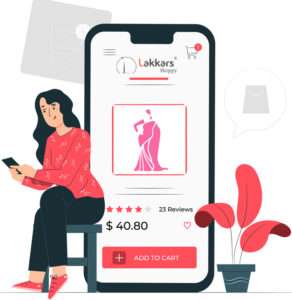Monique Coleman Says She Wore Headbands Because TV Crew Styled Black Hair ‘Poorly’
Actor Monique Coleman has ignited a debate over racism in fashion and the entertainment industry after saying her character in the High School Musical television show wore headbands because the crew did not know how to style Black hair.
Taylor McKessie, Coleman’s character in the film franchise, wore headbands with almost every outfit at Coleman’s own suggestion.
“We’ve grown a lot in representation and we’ve grown a lot in terms of understanding the needs of an African American actress,” Coleman told Magazine, “but the truth is [the hair stylists] had done my hair and they had done it very poorly in the front. And we had to start filming before I had a chance to fix it.”
The actor suggested using headbands instead of attempting to cover her hair, which the crew agreed to.
The issues around Black hair on film and TV remain unresolved. Like Coleman finding a “solution” to making her hair camera ready, there is a history of Black actors doing their own grooming. Community’s Yvette Nicole Brown tweeted about bringing trunks of hair and makeup supplies to set.

“There’s nothing (more) dehumanizing than sitting in a make-up chair and watching your co-stars go through the works and leave, and you’re still there because someone’s moving very slowly because they’re scared,” Insecure actor Natasha Rothwell told the Hollywood Reporter. “It’s (you) feeling like a problem to be solved.”
It also reflects the bigger issue of hair discrimination in society. According to research from Pantene, 93% of Black people have experienced micro-aggressions related to their hair, with uninvited touching being the most common, experienced by 46% of Black people.
“On one occasion, a girl at a bus stop on my university’s campus, who I did not know, stood next to me and started touching my hair,” said Stephanie Cohen, a founding member of the Halo Collective, an activist group working towards ending hair discrimination.
“I had not realized this was happening and assumed it was the wind or something, however as I turned around, there she was touching it without me knowing. I immediately felt uncomfortable and awkward. I asked her to stop and moved away abruptly, she just stood there as if nothing had happened,” she said.
According to the same research, 53% of Black people have said that discrimination against their hair has affected their self-esteem or mental health.

“One very unfortunate thing about micro-aggressions is how often Black people experience them, in comparison to other forms of racism,” said Agnes Mwakatuma, co-founder of mental health charity Black Minds Matter. “Because micro-aggressions are often ignored, it can make an individual feel that they are less than worthy to be protected or even seen, heard and understood.”
“Why is Afro hair still a mystery?” said Lekia Lée the founder of Project Embrace “One reason is that [non-Black people] do not see it in everyday life because they do not see Black people represented in the media in the right way. To reduce hair discrimination we need to increase representation.”
Last year, actor Candice Patton commented how much it meant to get to wear her hair naturally after six seasons of The Flash.
“(It) means a lot to wear my curls on The Flash,” she wrote on Twitter. “And I know it will to so many of you who look like me. We asked and our EP (executive producer, Eric Wallace) gave me the go-ahead.” Wallace is Black.

Magazine launched for helping women for success. Lakkars has always served and worked efficiently towards women empowerment, we have blossomed into America’s most-read fashion magazine.


